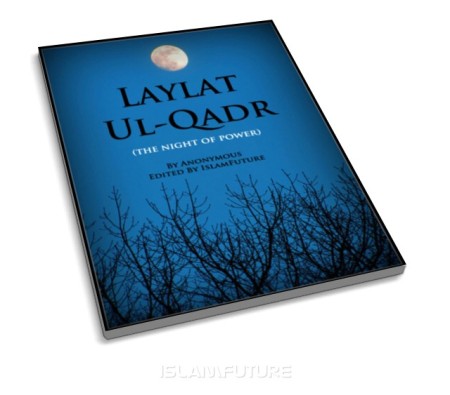
Assalamu alaikum,
Ayyub (Allah be pleased with him) relates that the Messenger of Allah (blessings and peace be upon him, his family, and companions) said,
“Whoever fasts Ramadan and follows it with six days from Shawwal it is as if they fasted the entire year.”[Muslim, Abu Dawud, Tirmidhi, and Ibn Majah; Ahmad transmitted it from Jabir, Muntaqa]
Thawban (Allah be pleased with him) relates that the Messenger of Allah (blessings and peace be upon him, his family, and companions) said,
“Whoever fasts Ramadan, and then six days after Eid, it is [like fasting] an entire year. Whoever does a good deed shall have ten times its reward.”[Ibn Majah, Muntaqa]

1. Based on this, the majority of the fuqaha, including the Hanafi, Shafi`i, and Hanbali school, have held that it is recommended to fast six days of the month of Shawwal.
[Radd al-Muhtar; Mughni al-Muhtaj Shah al-Minhaj; Kashshaf al-Qina`]
2. It is permitted to fast these six days separately throughout the month, or consecutively, after Eid al-Fitr. [ibid.]
3. It is prohibitively disliked (makruh tahriman) and sinful to fast on Eid day itself. [Radd al-Muhtar]
4. The Shafi`is and Hanbalis state that it is superior to make the six fasts consecutive [Minhaj, Ghayat al-Muntaha]. Khatib al-Shirbini explains the reasoning as being,
“In order to hasten to do the good, and because of the problems inevitable in delaying,” such as becoming lazy and not actually fulfilling this sunna in the end, though he points out that the sunna is fulfilled by both consecutive and non-consecutive fasting of six days in Shawwal. [Mughni al-Muhtaj]
The later Hanafi scholars differed as to which is better, fasting the six days consecutively or non-consecutively, though neither is disliked and both fulfill the sunna. [Radd al-Muhtar]
However, it would be agreed that those who fear not fulfilling the recommendation due to laziness, forgetfulness or other excuses, should hasten to fast the six days consecutively immediately after Eid al-Fitr.
5. The reward is akin to having fasted obligatory fasts the entire year days, according to Buhuti, Shirbini, and others.
Abu Hurayra (Allah be pleased with him) said that the Prophet (Allah bless him & give him peace) said,
“The strong believer is better and more beloved to Allah than the weak believer, though there is good in both. Be avid for that which benefits you. Rely on Allah and do not deem yourself incapable…”Imam Nawawi (Allah have mercy on him) explained that the ‘strength’ in this hadith refers to,
[Muslim 4816, Ibn Majah 76, Ahmad 8436]
“One’s determination and ability in matters of the next life.” [Sharh Sahih Muslim]
And Allah alone gives success.
[ref: Ibn Abidin, Radd al-Muhtar `ala al-Durr al-Mukhtar 2.125 Bulaq ed.; Khatib al-Shirbini, Mughni al-Muhtaj Sharh al-Minhaj 2.184-185; Buhuti, Kashshaf al-Qina` 2.237-238]
Walaikum assalam,
source: SunniPath





























